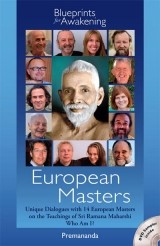by Prof. Phillip Charles Lucas
<Read Part 5>
Theme Three: Insufficient Grounding in Vedanta Traditions (concluded)
Tony Parsons articulates the NTMA counterargument on this matter quite clearly:
Traditional Advaita appears to make proper use of logic, reason, belief, and experience, rational explanation, truth, and traditional wisdom, all directed towards helping the seeker along the path to their enlightenment. The Open Secret’s apparent communication is illogical, unreasonable, unbelievable, paradoxical, non-prescriptive, non-spiritual and uncompromising. There is no agenda or intention to help or change the individual. Its resonance is shared energetically, not through the exchange of ideas. It is prior to all teachings and yet eternally new. [Tony Parsons, “Traditional Not Two-ness.”]
Waite counters that Advaita tradition, although holding a high degree of reverence for its scriptural corpus, does not regard the scriptures as a perfect articulation of absolute truth that cannot be questioned or clarified. Rather, they are a “reliable source of self-knowledge in which one can trust until such time as the truth is realized for oneself, at which time they are discarded along with the ignorance they helped to dispel.” [Waite, Enlightenment, 24, 37-39]
Continue reading

